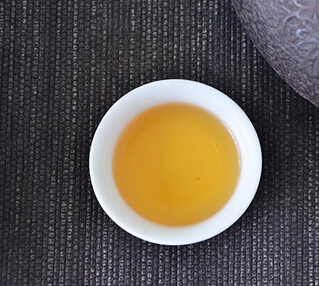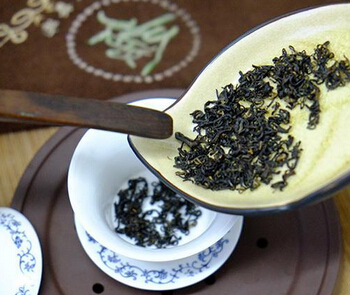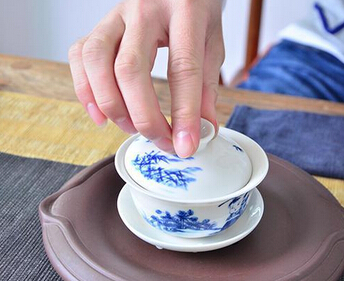Brewing tea is both an elegant and technical task. Many assume it's as simple as boiling water and tossing in a few leaves, but this simplistic approach won't yield good tea. To enjoy a perfect cup, attention must be paid to the amount of tea leaves, water temperature, and steeping time—though this doesn't mean fussing over the environment.

As the saying goes, "Know yourself and know your enemy, and you will win every battle." While brewing tea isn't a battle, understanding the tea's characteristics is key.
Using too many tea leaves will make it bitter and astringent.
Some prefer strong tea and overload their cup or teapot with tea leaves. Excessive leaves not only complicate brewing but also increase bitterness and astringency.

Boiling water makes tea bitter and astringent.
Black tea is fully fermented, "older" than tender green tea but "younger" than oolong or dark tea. Thus, boiling water is unsuitable—even for average-quality black tea. Ideal brewing temperature is 90°–95°C. For high-quality, tender (all-bud) varieties, 85°C is better.
Rinse quickly—never steep, or the tea is ruined.
While premium black tea doesn't require rinsing, a quick rinse is customary. Rinse swiftly; waiting "three seconds and then another three" will spoil even the best tea.

Steeping times should follow rules, not whims.
For black tea, each steeping has a timed rhythm. Ignoring those who steep leaves all day, my colleagues and I typically start with 7s for the first infusion (maintained for the first three). Later infusions can extend gradually—e.g., 7s, 7s, 7s, then 10s, 10s, 15s, etc. Avoid erratic timing. (Note: This isn't absolute; it applies to most black teas, not all.)